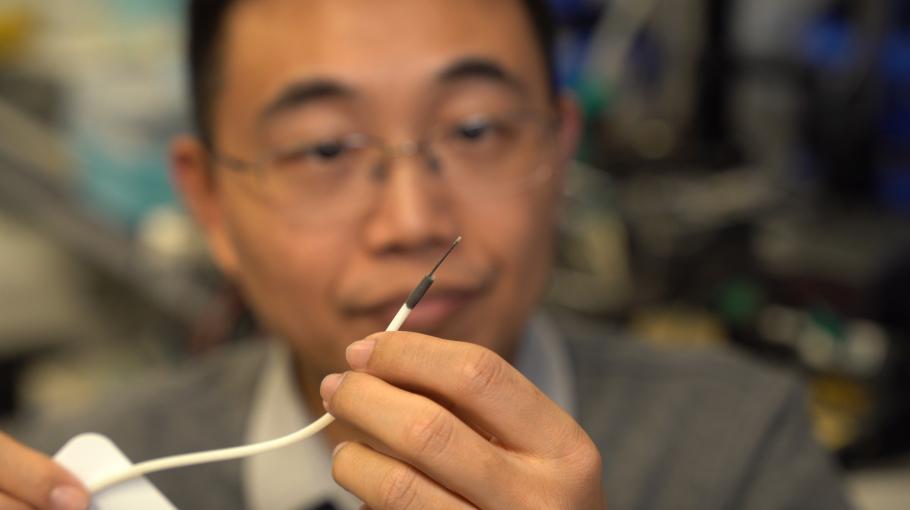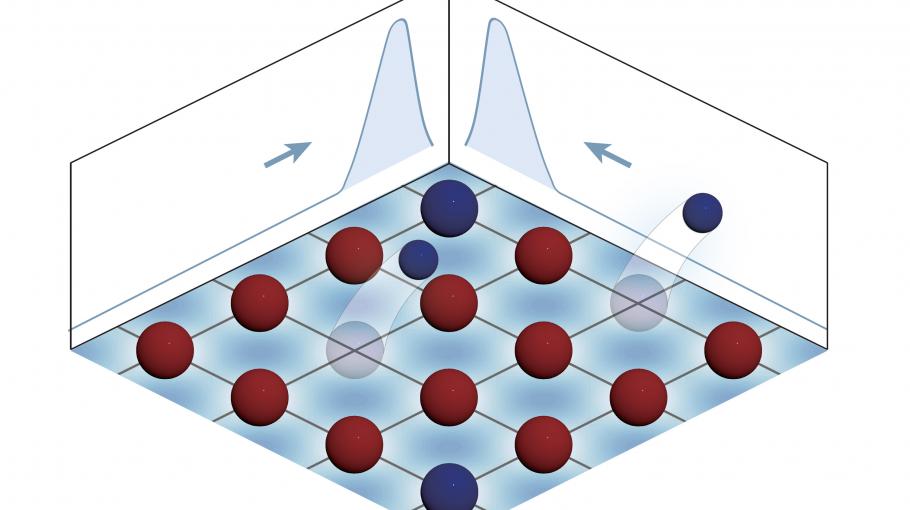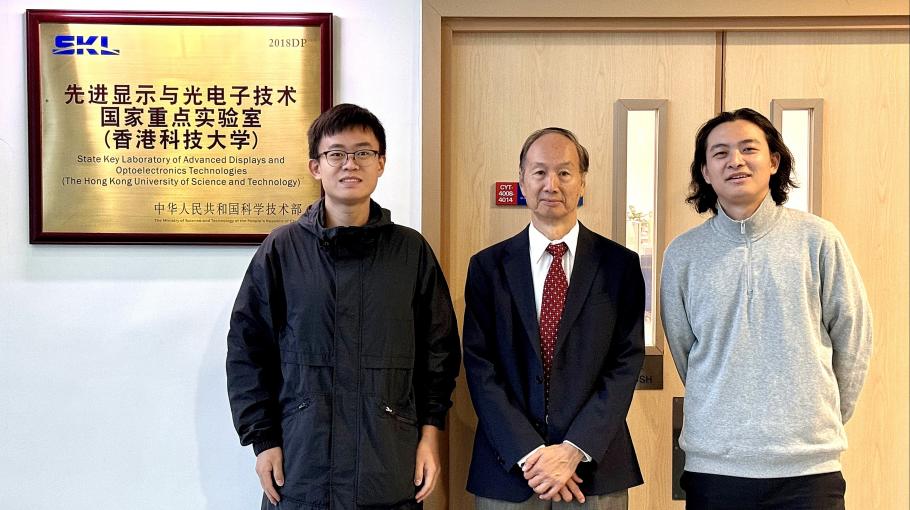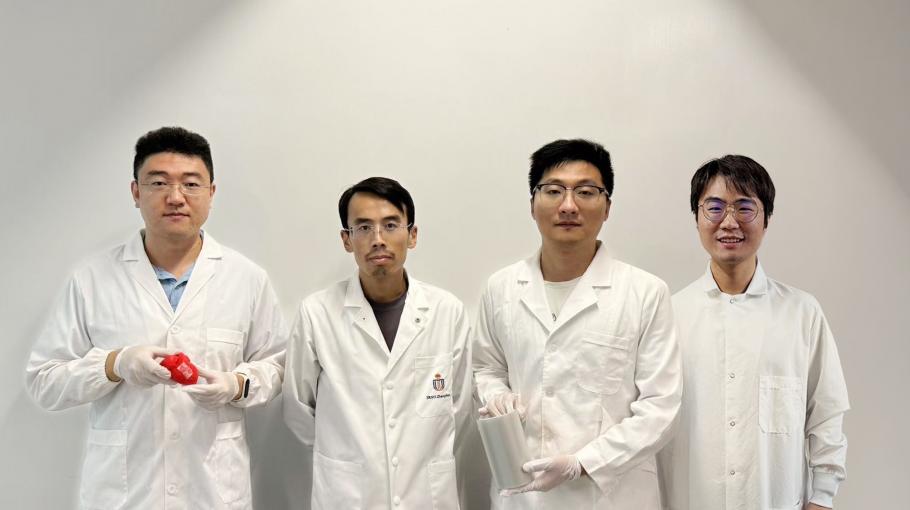ORCID is a non-profit, cross-disciplinary effort to create and maintain a Registry of unique and persistent researcher identifiers. By the end of 2016, close to 3 million ORCID iDs have been created. Research funders and institutions worldwide are joining the effort to integrate ORCID iDs into their systems. At HKUST, EVPPO is requiring all faculty to have ORCID iDs and connect them to the HKUST Scholarly Publications Database (SPD).
ORCID Identifiers in the HKUST Research Community
2017-02-01
What To Read Next





